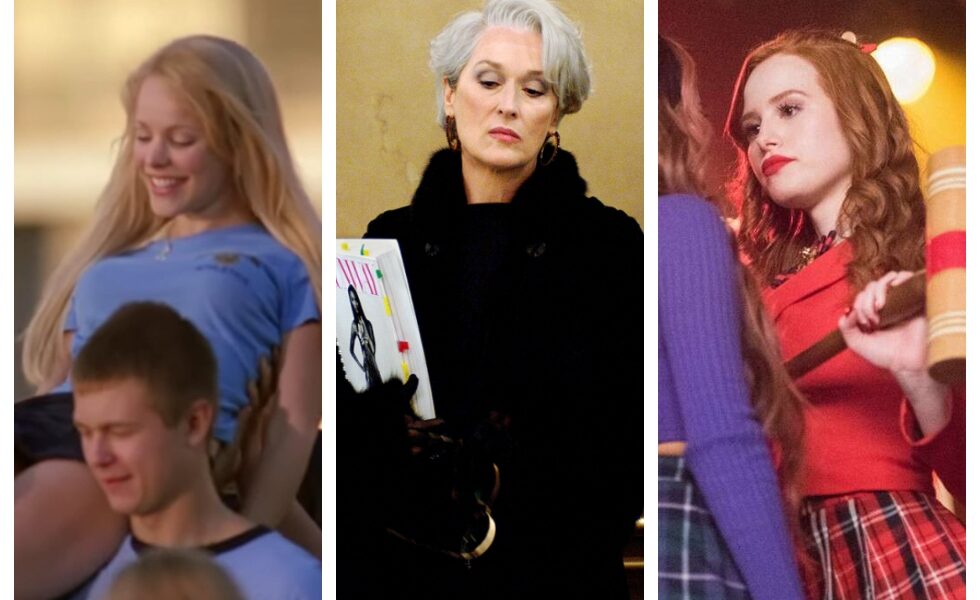My mother is an assertive woman. When I was younger, I was often baffled by her abilities to command the attention she deserved whenever she walked in a room. Maybe it was because she spent years working as a manager at an engineering firm, or maybe it was because she was a Taurus, but Mummy demanded respect, and she got it. Of the numerous traits of hers that I picked up, the “respectful assertion” didn’t quite rub off as expected, and I grew up being, among other things, a bit of an asshole.
The ways in which I grappled with this mean streak have changed throughout my life. On March 8, International Women’s Day, Instagram was overflowing with positive posts uplifting women—their sugar, their spice, and their everything nice. Don’t get me wrong, I’m not a scrooge; representation through excellence is one of many ways to empower women, and it is of course important to exhibit when women succeed in overcoming systemic barriers. But I started noticing a pattern. Many photo threads, infographics, quotes — they all seemed to unequivocally equate being a woman with being good. Though I support the uplifting of all women, I also encourage everyone to broaden their circle to include, well, nasty women.
I was often called bossy as a child. My aforementioned assertive mother had coworkers label her intimidating or angry. I didn’t like the labels; they didn’t feel like they fit my mom nor myself. When I got older and grew conscious of my own being, the innate concept of “femininity” was ingrained into my psyche. This exacerbated my inner clash, as words like “aggressive” or “intimidating” were incongruent with the girly nature I felt society expected me to have. When I made my first Tumblr account and dipped a toe into the most shallow ends of corporate feminism, once again I found that the discourse about protecting women often revolved around their innate goodness.
Despite what the swathes of online blogging tried to tell me, there was no one way to experience the spectrum of emotion, negative or not. Feelings are not supposed to be associated with gender; our efforts to support others should not orient around what we expect as a correct emotional response. But I didn’t know that at the time.
So I started to tone it down. I started to express negative emotions in ways I believed reflected some kind of womanly nature, like tearing up instead of shouting out. If I was angry, I wasn’t an asshole anymore, I was the very gendered term of bitch—which meant I didn’t get angry, I let the anger get me. Within the realm of human emotion, I restricted myself out of fear that I might fall into a category of women whom people didn’t want to respect.
The thing is, vileness––or, for lack of a better word, evilness––continues to permeate our world. It is not hard to think of systemic or individual examples on all scales of activity, from geopolitical conflicts to some goober tripping people on the street. Every day, our fellow humans commit varying levels of “bad” acts. I thoroughly believe it is my human right to be allowed to participate in all the bad so long as it continues to exist. This is by no means my proclamation of being a future war criminal, and I, like other rational people, want peace and prosperity for the world. Nonetheless! While men are spitting in the street I should be allowed the privilege of getting angry without feeling the need to shift it to a more acceptable fury.
When uplifting women, you cannot demand or expect every person to be a shining example of “good” womanhood. While successful, kind, and passionate women exist in multitudes, so do those with little ambition, limited amounts of sweet words, and maybe like, one hobby. I suggest we raise a glass to the liberation of everyone, nice and spice, or dingy and stingy.








